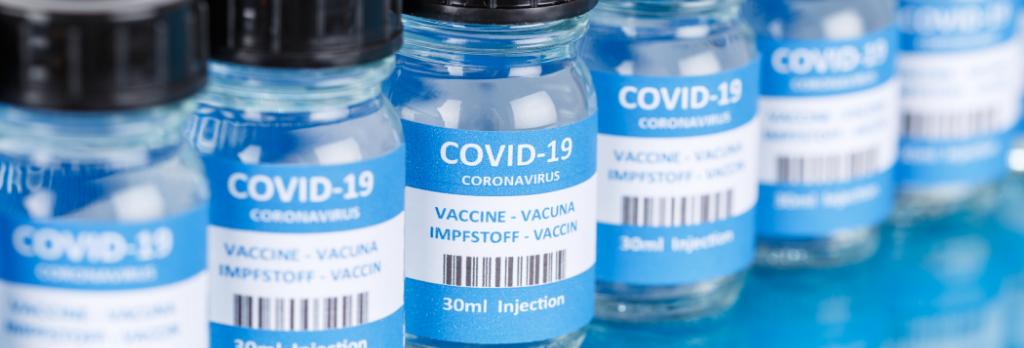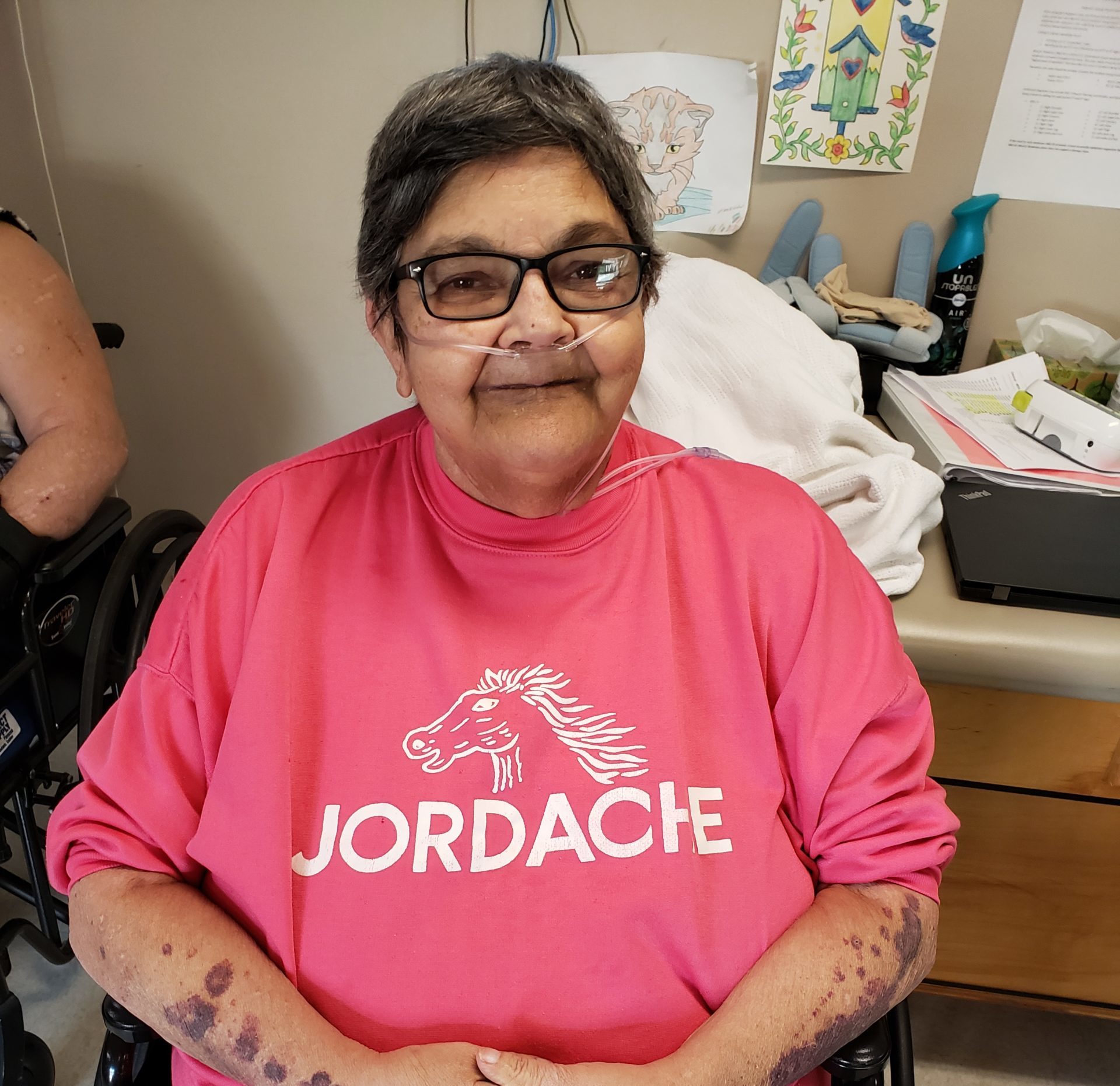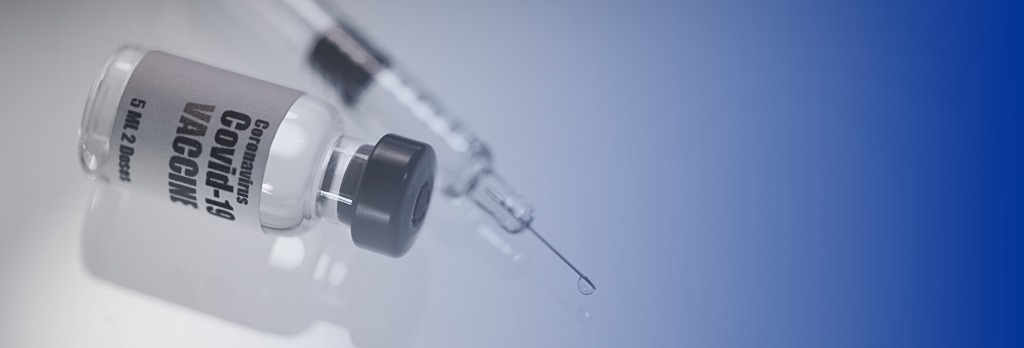Comparative Effectiveness of Moderna, Pfizer, and Janssen Vaccines in Preventing COVID-19 Hospitalizations
September 27, 2021What We Know
Two 2-dose mRNA COVID-19 vaccines (from Pfizer-BioNTech and Moderna) and a 1-dose viral vector vaccine (from Janssen [Johnson & Johnson]) are currently used in the United states.
What is New
Among US adults without immunocompromising conditions, vaccine effectiveness against COVID-19 hospitalization during March 11-August 15, 2021, was higher for the Moderna vaccine (93%) than the Pfizer-BioNTech vaccine (88%) and the Janssen vaccine (71%).
Implications for Public Health Practice
Although these real-world data suggest some variation in levels of protection by vaccine, all FDA-approved or authorized COVID-19 vaccines provide substantial protection against COVID-19 hospitalization.
Two-dose regiments of the Moderna and Pfizer-BioNTech mRNA vaccines provided a high level of protection against COVID-19 hospitalizations in a real-world evaluation at 21 hospitals during March-August 2021. VE against COVID-19 hospitalization for Moderna and Pfizer-BioNTech vaccines was 93% and 88%, respectively, whereas the single-dose Janssen vaccine had someone lower VE at 71%. Persons vaccinated with Janssen also had lower postvaccination anti-SARS-CoV-2 antibody levels than did recipients of mRNA vaccines. Although an immunologic correlate or protection has not been established for COVID-19 vaccines, antibody titers after infection and vaccination have been associated with protection (8). These real-world data suggests that the 2-dose Moderna and Pfizer-BioNTech mRNA vaccine regimens provide more protection than does the 1-dose Janssen viral vector vaccine regimen. Although the Janssen vaccine had lower observed VE, 1 dose of Janssen vaccine still reduced risk for COVID-19-associated hospitalization by 71%.
The findings in this report are subject to at least six limitations. First, this analysis did not consider children, immunocompromised adults, or VE against COVID-19 that did not result in hospitalization. Second, the Cis for the Janssen VE estimates were wide because of the relatively small number of patients who received this vaccine. Third, follow-up time was limited to approximately 29 weeks since receipt of full vaccination, and further surveillance of VE over time is warranted. Fourth, although VE estimates were adjusted for relevant potential confounders, residual confounding is possible. Fifth, product-specific VE by variant, including against Delta variants (B.1.617.2 and AY sublineages), was not evaluated. Finally, antibody levels were measured at only a single time point 2-6 weeks after vaccination and changes in antibody response over time as well as cell-mediated immune responses were not assessed.
To learn more, visit https://www.cdc.gov/mmwr/volumes/70/wr/mm7038e1.htm?s_cid=mm7038e1_x



